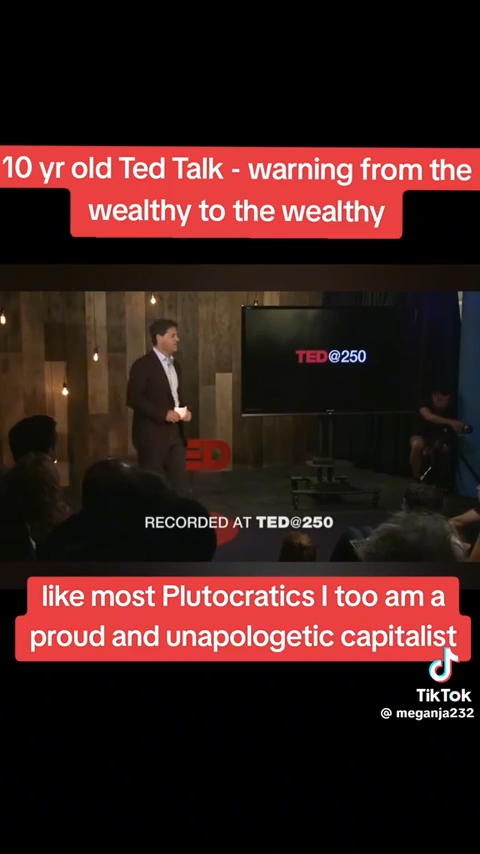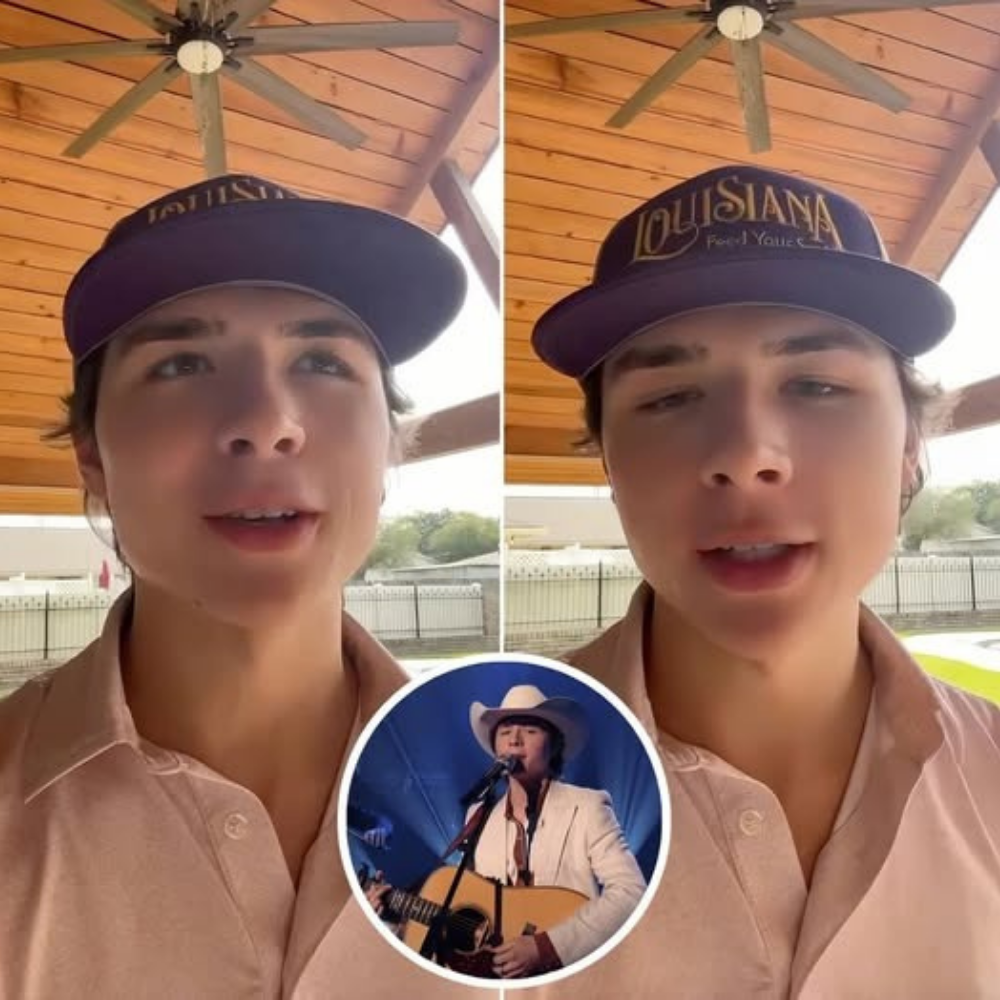“A Warning to the Rich, From the Rich” – Insights from a Decade-Old TED Talk
Over a decade ago, a powerful TED Talk was delivered that remains deeply relevant today: a warning to the wealthy, spoken by the wealthy. The speaker, often a successful entrepreneur or investor, highlighted a growing and dangerous divide between the ultra-rich and the rest of society—a divide that, if left unchecked, could lead to destabilization and even social collapse.

At the heart of this talk was the recognition that economic inequality, far from being an abstract issue, threatens not only the livelihoods of the poor and middle class but also the long-term stability of wealth itself. The speaker argued that extreme wealth concentration creates systems where opportunity is stifled, trust erodes, and resentment festers. They emphasized that the rich would not be immune to the fallout, as no society can thrive when the vast majority of its people feel left behind or powerless.
This warning carried both moral and practical weight. From a moral perspective, it called on the wealthy to use their resources to help close the gap—to invest in education, healthcare, and fair wages. On a practical level, it was a plea for self-preservation: a reminder that thriving economies depend on healthy middle classes who can participate in markets, innovate, and contribute to society’s overall success.
Ten years later, the themes of this talk have only grown more urgent. Economic inequality has widened, with billionaires amassing unprecedented wealth while wages stagnate for millions. Social and political tensions have increased worldwide, fueled by frustration and a sense of injustice. The speaker’s message remains a crucial reminder that wealth and privilege come with responsibility. It is not merely an act of charity but a necessity for long-term societal stability.
Ultimately, the talk served as both a warning and a call to action: for the rich to recognize that their future is inextricably linked to the well-being of society as a whole. For those who listened then—and those who might revisit it now—it remains a timeless and prescient plea for equity, compassion, and sustainable progress.
